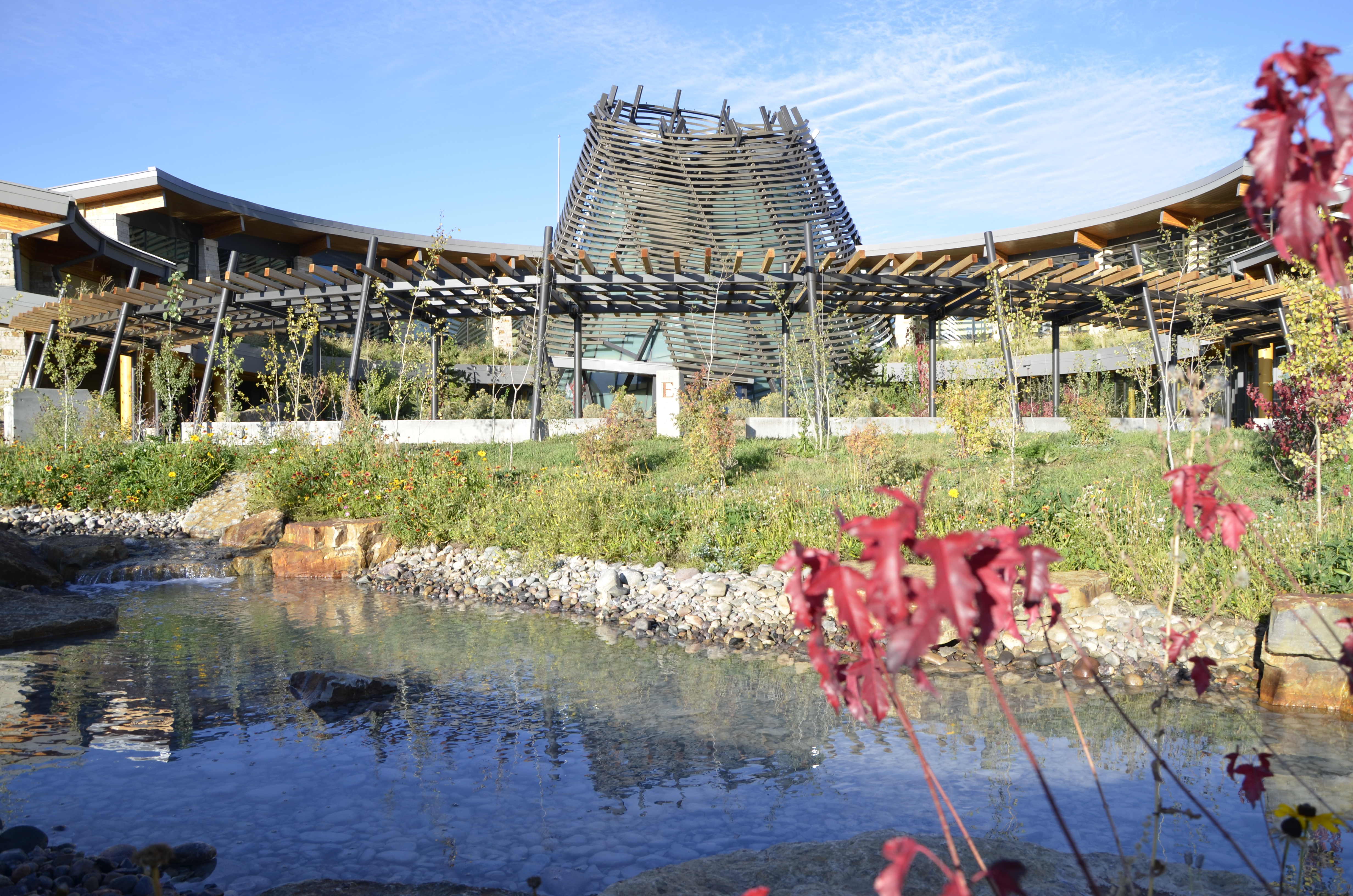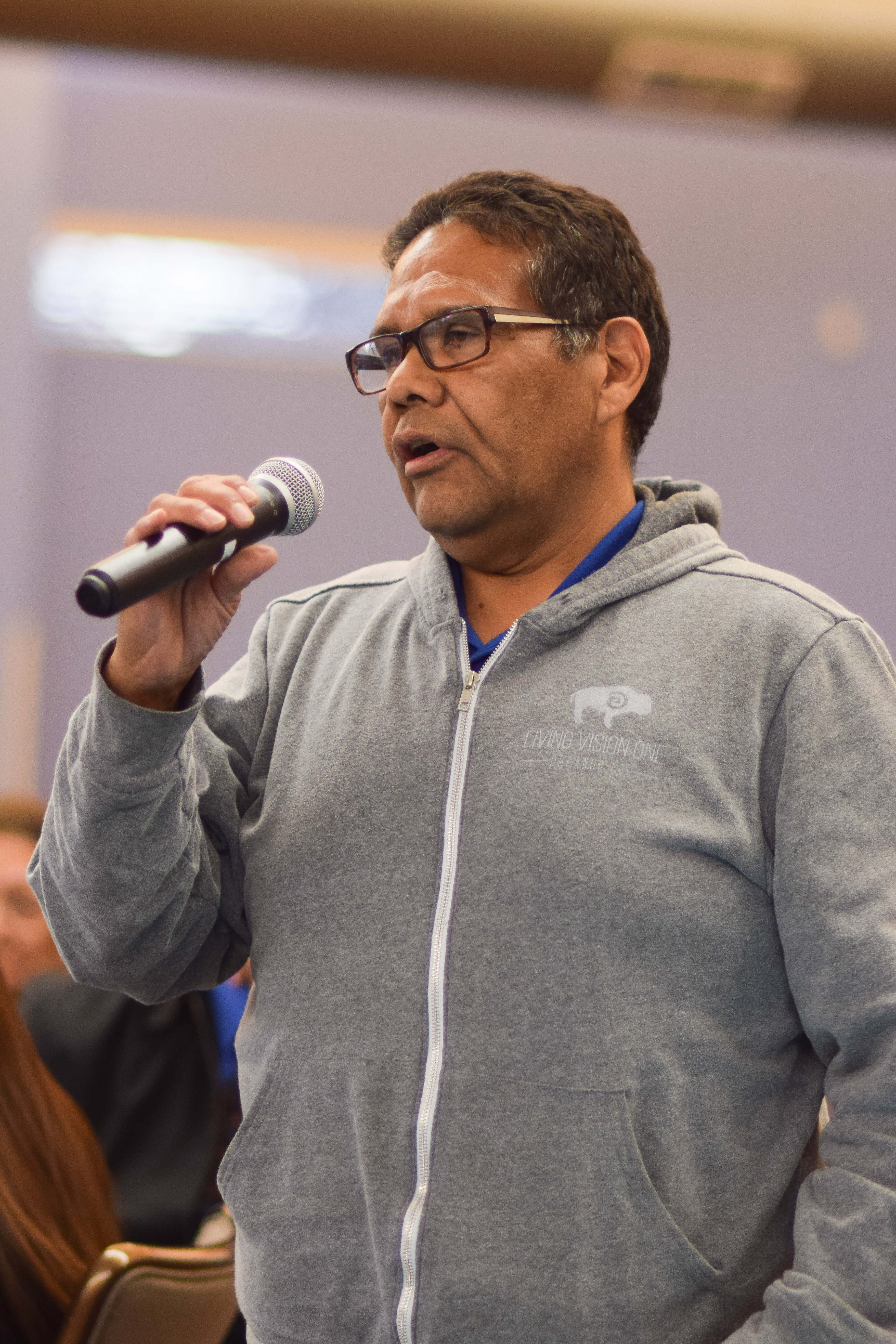At a tribal member hosted meeting Tuesday, April 5, tribal members voiced their concerns regarding the future of the Southern Ute Cultural Center & Museum (SUCCM). The tribe announced last month that the Museum will dissolve its nonprofit status, and the tribe will manage the museum and its collection going forward.
“There’s been a cooperative effort with Tribal Council and the Museum Board of Directors,” said council lady Amy J. Barry as she addressed tribal members. “Unfortunately, the museum has not been self-efficient for years. I can’t speak on behalf of the council members who aren’t present at this meeting, but I believe the museum was due for a change. My platform will always be the voice of the people, whether it’s a popular opinion or not.”
Tribal members expressed worries about the many pieces of artifacts displayed in the museum that tell hundreds of years of Southern Ute history. Tribal Council added that the current pieces are in the process of being inventoried.
“The museum is a vault of our history,” tribal member and SUCCM employee, Venessa Carel, said. “If we as Southern Utes aren’t running the museum ourselves, then I don’t think any of the artifacts in there are safe.” Carel, who donated pieces to the museum, stated that she will be taking them back.
Other tribal members voiced their opinions regarding the transition.
“The museum is a very personal thing to me because our relatives and ancestors have their stories displayed there,” said tribal elder Sage Remington. “If we don’t have history and a story to tell, then we’re nothing.”
“I just want to see the museum continue to operate, especially for the kids,” said tribal elder Dixie Naranjo. “It portrays so much of our history. Every time my grandkids went there, they always showed excitement. I want to see it stay for everybody, and I think we can make that happen if we all come together.”
Tribal elder Pearl Casias criticized the Museum for its management of handling artifacts. “I have artifacts that have been in my family for years, and I never once exhibited anything at the museum because I didn’t trust what was going on down there.”
“As Southern Utes, we need to be addressed about these things that mean a lot to us,” Conrad Thompson said. “We’re not going to come to conclusions if we keep pointing fingers at each other. We need to all work together in bringing our history to the light.”




